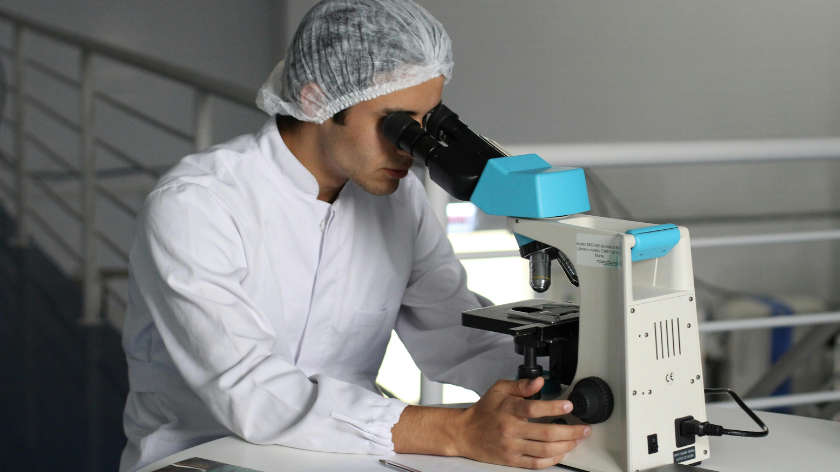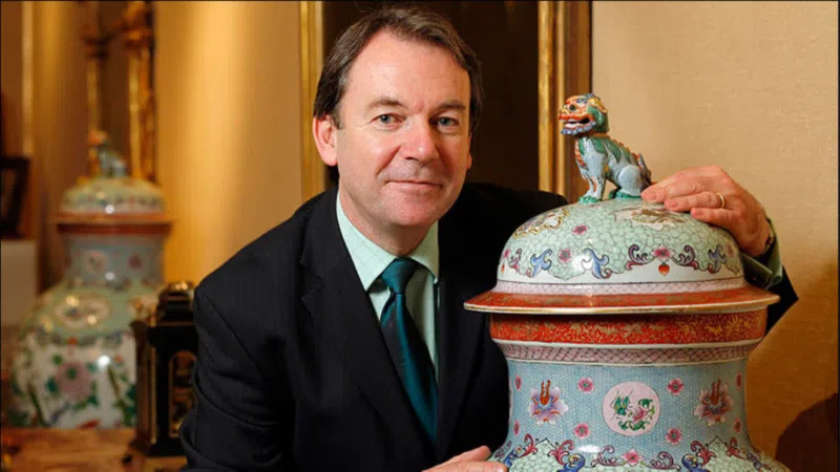
The last few years have seen the dialogue and reality of medical cannabis change in a fairly significant way in many parts of the world.
Thailand, Malta and Uruguay have legalised the plant entirely and many American states, Italy, Germany, Portugal and the UK have legalised medical Cannabis.
While this list might seem relatively small, it is by no means exhaustive, and the countries represented on it are being watched closely by their neighbours to see exactly what the change might mean for them.
The broader strokes of what the legalisation or medicalisation of cannabis has meant for these various countries and states are beyond the remit of this article.
This article will cover the legal landscape of the UK in regards to medical cannabis, which conditions are typically prescribed cannabis as a treatment and some of the other details around this shift in attitude towards cannabis as a medical substance.
What exactly is the law?
So it's important to state that in the UK cannabis is still illegal to have, grow, distribute or sell. However, cannabis products have been made legal for medical use for patients with exceptional clinical needs who have a prescription. This has been the case in the UK since November 2018, which is when the UK government officially reclassified cannabis products as being allowable for medical use.
The laws around cannabis were changed when it was found that two young children with epilepsy were found to have severly reduced symptoms when treated with cannabis products. These cases became public when this treatment was stopped and the children's conditions worsened. With a surge of public approval behind it, medical cannabis was pushed through and those children, and many others since, with epilepsy have found a great deal of relief with medicinal cannabis treatments.
Doctors do have to obtain a special licence in order to acquire medical cannabis, and the initial treatment prescription of the cannabis must be done by a special consultant. The law states that cannabis should only be prescribed to a patient when there is clear and published evidence that it will have a beneficial effect and all other options for treatment have been exhausted. As time goes on, more evidence for the benefits of medicinal cannabis is forthcoming and prescriptions are becoming less arduous for patients with a real need to acquire.
What conditions can medicinal cannabis be used for?
There are many different conditions that are seeing benefits when prescribed medicinal cannabis across the UK. In some cases, people have been prescribed cannabis for IBS and other ailments that are of a chronic nature. The most common conditions that are seeing medicinal cannabis prescriptions are as follows:
Epilepsy: We mentioned epilepsy earlier, cannabis treatments for people with severe epilepsy have been incredibly life-changing. In particular CBD (cannabidiol) is the main compound extracted from cannabis to help with this condition. The use of medical cannabis products by epilepsy sufferers has led to a dramatic reduction in the seizure frequency of many patients.
Mental health disorders: In particular anxiety and PTSD (Post-Traumatic Stress Disorder) are seeing treatment with medical cannabis. Studies show patients feel significant relief from symptoms when prescribed medicinal cannabis.
Chronic pain: There are many and more different types of ailments that cause chronic pain. Conditions like arthritis, multiple sclerosis and inflammatory bowel disease (IBD) to name just a few. As an alternative to more traditional painkillers like opioids, which have severe side effects, IBD medical cannabis treatments and treatments for any other chronic pain-causing condition, are becoming more common.
Cancer symptoms: While not used to combat cancer directly, medical cannabis can be used to help patients undergoing cancer treatments stop feeling nauseous and as a painkiller. An added benefit is that medicinal cannabis can be an appetite stimulant, which can help greatly with the weight loss that many cancer patients undergo.
How do I get medicinal cannabis?
While times are changing and the prescription of medicinal cannabis is becoming cheaper and more common, it is still not as simple as getting a course of antibiotics. Only specialist doctors who are on the General Medical Council's specialist register are able to prescribe cannabis products. Your GP can refer you if your circumstances are right, and then the specialist will be the one to decide if your case warrants a prescription or not.
So everything is smooth sailing, right?
Well, not exactly. There has been a lot of progress in the name of making the lives of people who are suffering more bearable, which is undeniably a good thing, but everything is coming up roses just yet. One of the biggest issues that is currently plaguing the medical cannabis prescription system is that access is inconsistent and varies from patient to patient. This is because some regions simply do not have a specialist doctor, or those doctors may just not have enough time to see all the patients in a reasonable time frame. This means that patients with similar symptoms and conditions can have different experiences with the system based purely on accidents of geography.
The second biggest bugbear that the system has, is that it is fairly expensive. Medicinal cannabis products are not always supported by the NHS, which means that some patients have to pay through the nose in order to acquire a private prescription. This is obviously a serious issue of inequality in the level of healthcare that patients receive.
To conclude, medicinal cannabis seems to be making a difference in the lives of many UK citizens who need it most. The system by which the products are prescribed and distributed still seems to need some work, but for those suffering from chronic pain or other maladies for which medicinal cannabis provides some relief, there is much to be happy about.


:format(webp):mode_rgb():quality(90)/discogs-images/R-9603-1189008669.jpeg.jpg)











